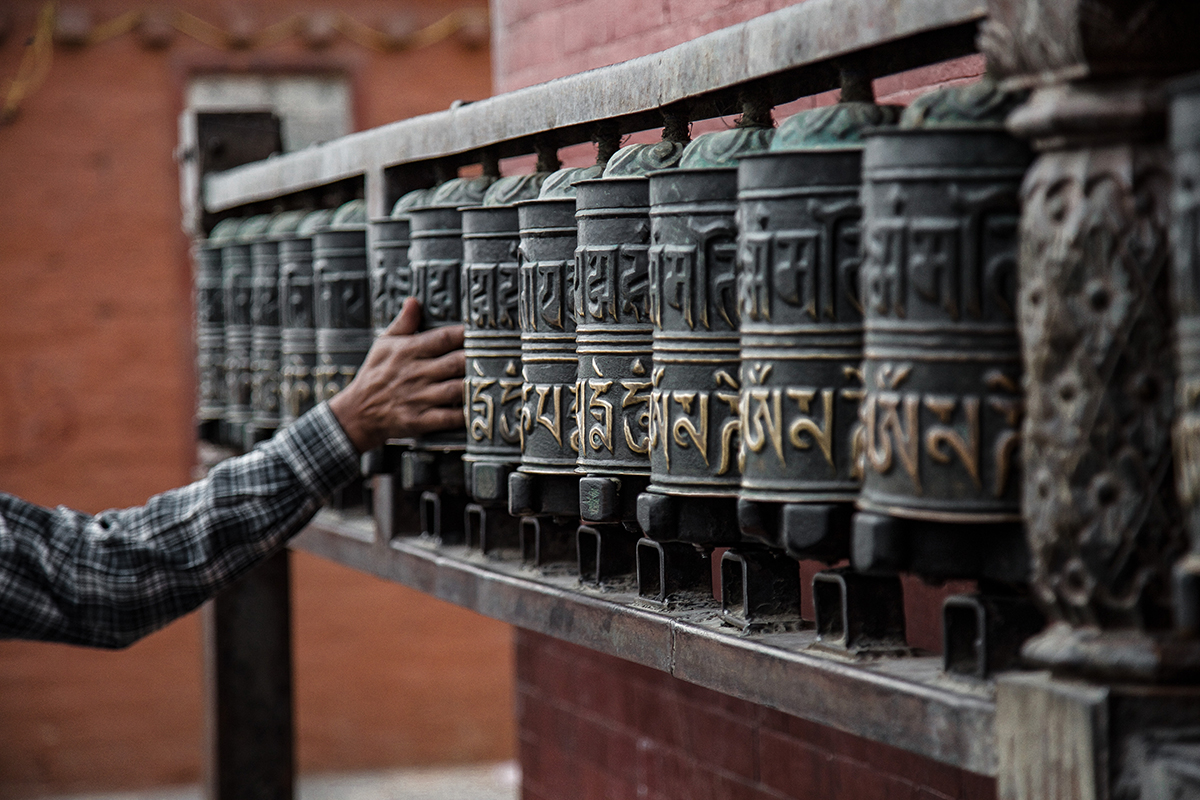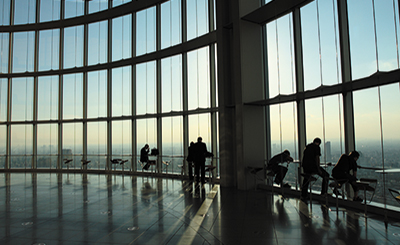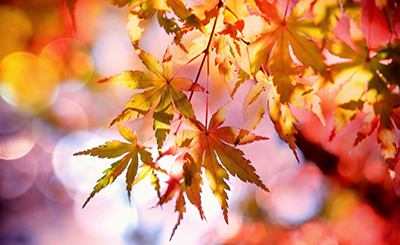
Six poems by India’s best-known poet and novelist from Naishapur and Babylon: Poems (2005–2017), published by Speaking Tiger Books
Donate Now
A Travel Book on Tibet
has tsampa and yak dung-smoke on adobe walls
snow storm without and laughter within adobe walls
has prayer wheels on the outer verandahs
and butter lamps souring on lacquered tables
has demons and other spirits on gompa walls
you can’t make out the decent from the bad.
The wheel of existence will be everywhere
you too will bow, for the travel author has knelt there.
The earlier you learn of wheels and circularity,
and shun straight lines, the better for your arc of destiny.
A travel book on Tibet has a thinness of air about it
has a high-wheeling altitude
which Yeats could never have felt or thought of
in his gyres over Byzantium.
2
On a gompa wall I’ve known a Manchu archer
from Tartary, on a stylized horse, his back curving
as he fires his arrow to the rear, to the past.
A travel book on Tibet carries you to the past,
cleaving through the present, the ubiquitous Han,
quick music and gadgets, electricity and muscle;
it moves to old scrolls, where a red-robed Lama picks out
an ancient oracle’s warning—how could it be so right (?)
in the ill-starred year of the Wood-Dragon
Tibet would face its first invasion from the south!*
But we must move beyond oracles, brother.
Good Lamas go further back, they move with the Buddha
travelling from one incarnation to another.
*Younghusband’s expedition/attack in 1903 on Tibet was predicted. The medical officer of the expedition, Lt. Col Waddle, has recorded this in the history of the expedition
Naropa’s Wife
I never heard of the soul’s call
not even when I married him at sixteen.
Bird calls and the call of the heart, yes,
but not this.
Eight years he revelled in my body and my love
then I noticed his heart or was it his soul (?)
(am getting confused) withdrawing.
I could feel the spasms of his coiled silences.
the call of a no-where-nirvana
got to him, and the call of the ochre dust
not bits like the prayer wheel, but meditation,
trance, dharma, penance:
dangerous words all.
One day he said ‘I must leave’.
I was used to his talk of ephemera and illusion—
the two words tangled in such a knot
that I didn’t know which was which—
‘I will say to the world’ he went on
that women only beguile
they are swamp, deception.’
when he spoke these very words to our parents,
I echoed him.
He was preaching, not making excuses(!)
‘illusion’ and ‘ephemera’ walked in again, as ever.
I lowered my head and said I was worthless.
He took the road
I took the goat track to solitude.
But my solitude was not ephemera.
Note: Naropa (1016-1100), one of the most revered saints of Tibetan Buddhism, was born in Bengal. His marriage was dissolved by mutual consent in 1040, the year he went to Kashmir. The wife’s name, as preserved in Tibetan scriptures, is Ni-gu-ma.
This Poem Is Going Nowhere Nor Is Life
this string of events that is life
this string of cells that is the body
this string of moments that is time
do they ever sit together, have a chat,
come to a sort of a modus vivendi?
does it matter if they don’t?
we focus on ourselves, a dream that floated
in last night, the stream of thought
that inhabits us and keeps up its murmur;
grief at finalities, when death and oblivion
take things in their hands, as they always do.
but through its sidereal rounds the earth
moves at sixty-seven thousand miles per hour;
what are we in front of such phenomena:
as gravity cracks its whip, planets orbiting,
always in ellipses, remember Kepler (?)
and comets that keep to their lanes and never honk?
who are we to be obsessed with puny us,
with some frigging feeling that flickers
on a jangled nerve-end?
God said let there be light
instead there was the big bang
am told the guy was startled
‘who did this, I wanna know?’
then realization dawned
(there were no dawns till then, mind you
in a gaseous universe—as in political speak—
there can’t be any dawns)
this wasn’t some kid lighting a fire-cracker!
the universe had gone bust, damn it!
Colour
Lord
You have much to answer for.
You made these politicians.
and I could name a few
except that I am scared of slander suits
in our moderately corrupt courts—
must keep judges on the right side, Lord,
hence the moderate bit.
But you also made colours,
the after-rain morning that obliterates night,
a hundred shades of green
a hundred shades of Spring
which mean the same thing—I didn’t wish to be ambiguous.
You made the cloud layers, the one
with the thunder, black moisture-cloaked inside,
moving into the grey one which itself
overlaps the cloud
with the colour of
a white heron’s underbelly.
You give those aquatints
the white heron’s image in the blue river
that could be the envy of a water colour artist,
gave us the cloud-shadow whose whisper
the young wheat can hear
but we can’t.
One thing about colour, Lord,
these language-philosophers say,
that if a thing doesn’t have a name to call it by, it doesn’t exist.
But even without a name
colours would have registered themselves on the eye
like a printout.
We thank you for colours, Lord
and lest I forget
we thank you for the eye.
Alhambra
the flowering vines
red and yellow petalled
that fringe the battlements here
are not Alhambra
battlement and rampart themselves
are not Alhambra
calligraphy glowing on the tiles
is not Alhambra either—
it’s black or sometimes gold
curves of the quill
are a hallucination of sorts
the script embossed
on a light-on-flowing water era,
all this is not Alhambra
fountains that shimmer and drape
the river palace in a veil of water
are not Alhambra
gardens imported from paradise
sprayed and spread-eagled
around the palace
are not Alhambra.
Alhambra is a dream resting
on the drugged eyelids of the planet,
on the eyes of drugged time.
seriously
Alhambra never happened.
Migration 3
we watch rain descend on the flooding river
brown rain on brown river, its muddy ripples
kissing the underbelly of the jumna bridge;
watch hut and shanty, lining the bank,
move to higher perches, higher sandbanks,
that wobble with the damp.
a sack of rained-in rice is moved, a shaggy dog
droops behind the family along with a calf
its halter rope trailing from the neck.
birds are better off moving from the tundra,
eyes closed, map of sky and aerial route embedded
in their genes through ten thousand years of shifting
from arctic blue, ice blue to the green of the warm jheel
to water-nut infested lagoons of the tropics.
as day moves into shadow and a kerosene lamp
flickers somewhere in amazement at its own
audacity, and the family looks at it as at a chimera,
the river migrates to hut and hamlet.
More from The Byword
Comments
*Comments will be moderated











